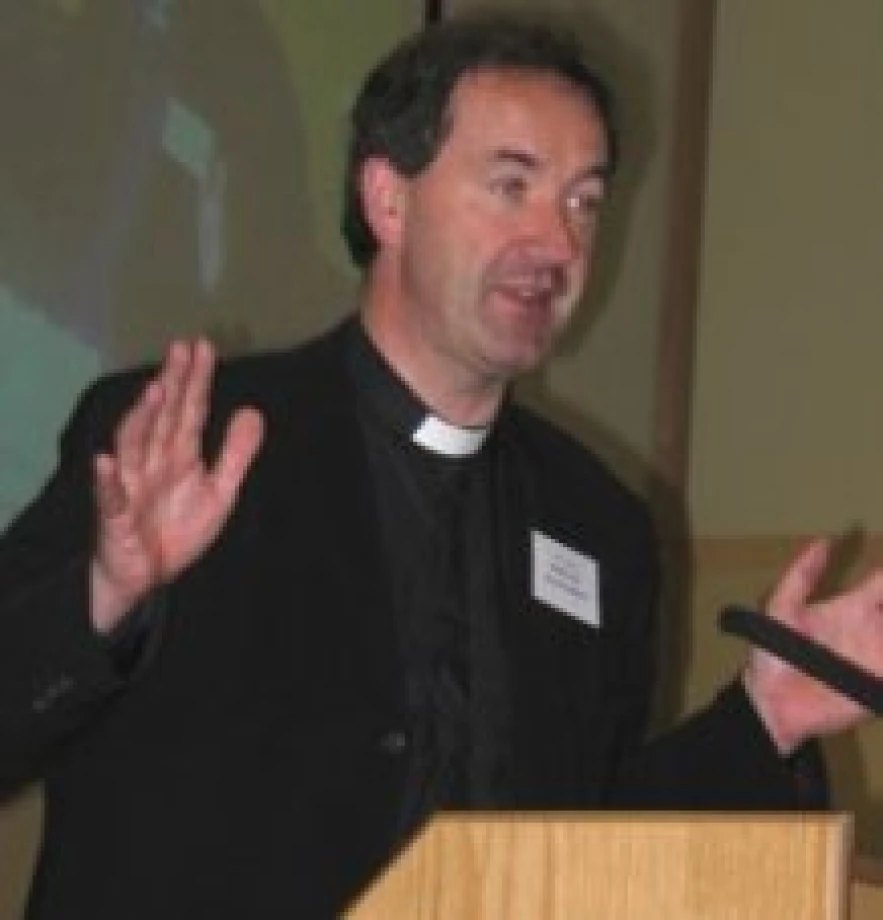Church of Ireland signs up to the Anglican Covenant
The Church of Ireland has subscribed the Anglican Covenant after a vote at the General Synod in Armagh.
Bishop Harold, who seconded the motion commented that, 'It was one of those very momorable debates in the General Synod, because you could palpably feel people trying to make up their mind, and none of us was sure how it would go. In the end it was passed by 235-52, and I am pleased that we 'signed up'. We become, I think, the fourth or fifth province of the Anglican Communion to do so.
Pray that the Covenant will hold our much beloved communion together in unity, peace and truth.'
In proposing the motion, the Rt Rev Michael Burrows, Bishop of Cashel and Ossory, explained to Synod members that the Covenant was to be understood as a "useful tool to order its external relationships" or a "midwife of unity", rather than an instrument of change to the essence of the Church of Ireland. This understanding of the nature of the Covenant was the reason behind the suggestion that the Covenant be "subscribed" rather than "adopted". The Covenant was saying that "individual actions have relational consequences" and, through it, Anglicans were challenged to take a common journey of listening to one another.
Whilst seconding the motion, Bishop Harold expressed his hope that the Covenant might become a "meaningful instrument of unity", although he noted that uncertainty remained as to the number of Anglican provinces that would eventually sign the Covenant. Whilst convinced that it was right for the Synod to subscribe the Covenant, the Bishop spoke of the need to be aware of the potential for divisive issues within the Anglican Communion to be played out damagingly in individual provinces.
During debate on the motion, concerns were expressed that the Covenant had the potential unintentionally to deepen divisions within the Anglican Communion. Particular concerns were raised in relation to section 4 of the Covenant, which was understood by some speakers to be potentially limiting to Anglican pluralism. The language of "relational consequences" in the Covenant met with some concern, as did the role of the proposed standing committee.
Speakers in support of the motion understood the Covenant as a structure that would enable "koinonia", or fellowship, and that would not change the nature of the Church of Ireland. Synod members were encouraged to understand the process that had led to the drafting of the Covenant, and to remain involved in that process.
